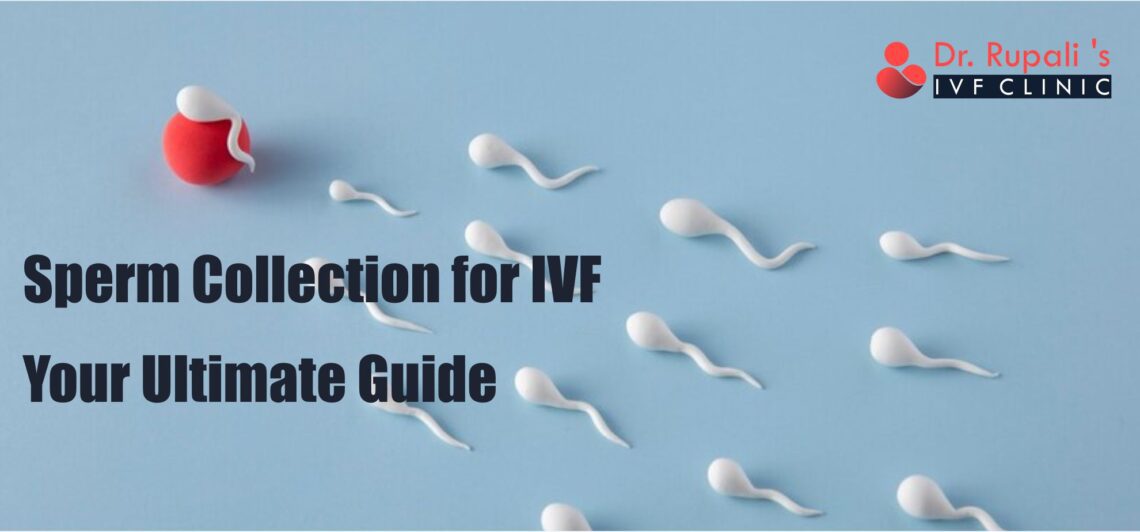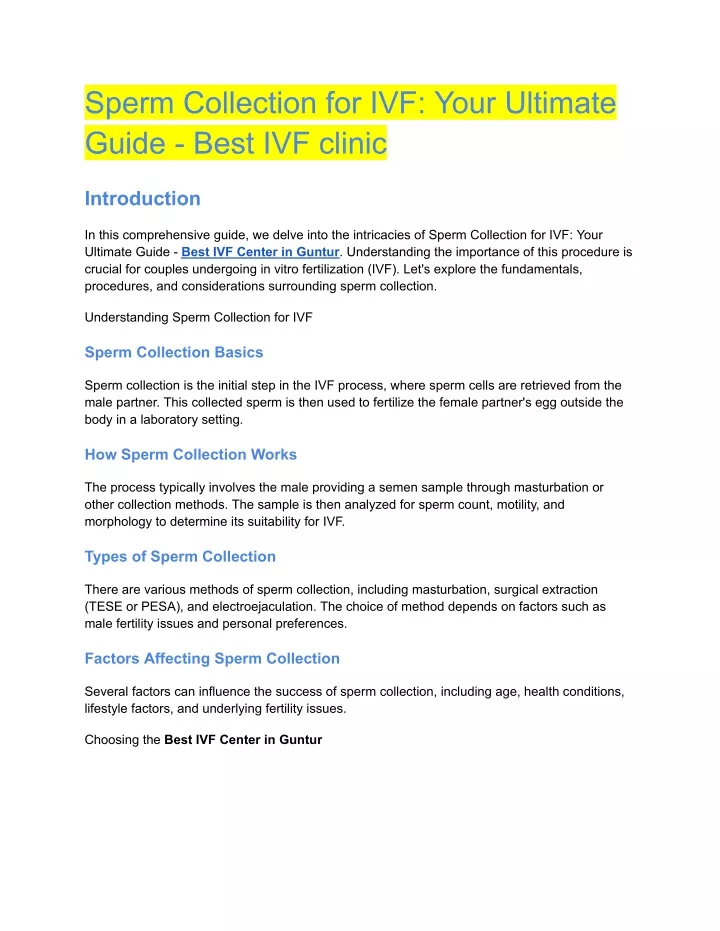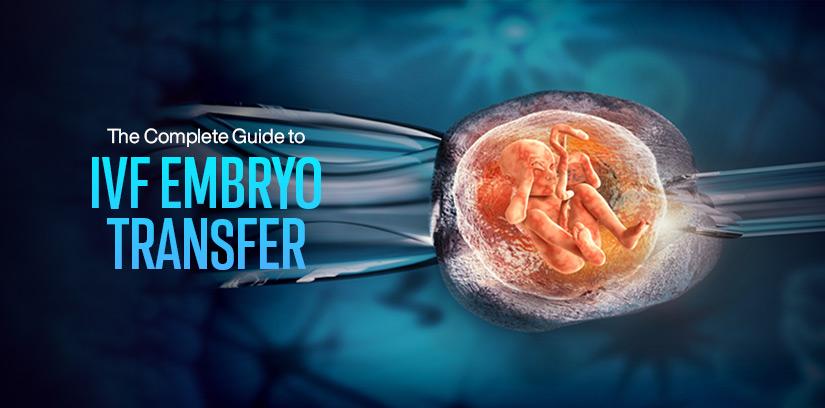When to Stop Drinking Before IVF: Your Ultimate Guide to Boosting Success
If you’re preparing for in vitro fertilization (IVF), you’ve probably heard a million pieces of advice about what to do—or not do—to make it work. One question that keeps popping up is about alcohol: Should you stop drinking? If so, when? It’s a big deal because IVF is a huge emotional, physical, and financial investment. You want to give it your best shot (pun intended).
Alcohol’s role in fertility isn’t black-and-white, but science and real-life experiences give us some pretty solid clues. This guide is here to break it all down for you—why timing matters, what the latest research says, and how both you and your partner can tweak your habits for the best possible outcome. Plus, we’ll dig into some stuff you won’t find in every other article, like how alcohol messes with your hormones at specific points in your cycle and what that means for IVF success.
Ready to dive in? Let’s figure out when to put down that glass of wine and pick up your chances of a healthy pregnancy.
Why Alcohol and IVF Don’t Mix Well
Alcohol isn’t just a casual drink when you’re trying to conceive—it’s a wildcard that can throw off your body’s delicate balance. IVF is all about timing and precision, from stimulating your ovaries to transferring that perfect embryo. Even a little booze can mess with the process in ways you might not expect.
For women, alcohol can disrupt hormone levels, affect egg quality, and even make it harder for an embryo to implant. For men, it’s no picnic either—drinking can lower sperm count, damage DNA in sperm, and reduce the odds of a successful pregnancy. Studies show that couples who drink regularly before IVF have lower live birth rates compared to those who don’t. One big study with over 2,500 couples found that women who had four or more drinks a week were 16% less likely to have a baby through IVF. When both partners drank that much, the odds dropped by 21%. That’s a pretty big hit for something you can control.
But it’s not just about the numbers. Alcohol can dehydrate you, mess with your sleep, and add stress—all things that don’t exactly scream “fertility-friendly.” So, if you’re wondering whether that Friday night cocktail is worth it, the answer might be no when IVF is on the line.
When Should You Stop Drinking? Timing Is Everything
Okay, so alcohol’s not great for IVF. But when exactly should you stop? The short answer: earlier than you might think. The long answer? It depends on your body, your habits, and where you are in the IVF process. Let’s break it down step by step.
Three Months Before: The Gold Standard
Most fertility experts agree that three months before starting IVF is the sweet spot to quit drinking. Why so early? For women, it takes about 90 days for an egg to mature before it’s released during ovulation. Anything you do—like drinking—can affect that egg’s quality during this window. A 2023 study from Texas A&M University also showed that men’s sperm health takes a hit from alcohol, and it takes about three months for new, healthier sperm to form after you stop.
Stopping three months out gives your body time to reset. Think of it like prepping a garden—you wouldn’t plant seeds in rocky soil and expect a big harvest. Cutting out alcohol early clears the way for better eggs and sperm, setting you up for a stronger start.
One Month Before: The Minimum Cutoff
If three months feels like a stretch, aim for at least one month before your IVF cycle begins. Research from the journal Obstetrics and Gynecology found that women who drank in the month before IVF had a higher risk of failed fertilization and miscarriage. For men, drinking in the month leading up to sperm collection—especially the week before—was linked to lower live birth rates. One study even showed an 8-fold drop in success when men drank close to the procedure.
A month gives your body a decent buffer to flush out alcohol’s effects. It’s not perfect, but it’s better than sipping a beer the night before your egg retrieval.
During the IVF Cycle: Zero Tolerance
Once your cycle starts—with those hormone injections and doctor visits—alcohol needs to be off the table completely. Why? Those fertility meds are working overtime to boost your egg production, and alcohol can interfere with how they work. It can also dehydrate you, which isn’t great when your ovaries are in overdrive. Plus, if you get pregnant, you won’t know right away, and drinking in those early weeks could harm the embryo.
For guys, the same rule applies. Sperm is collected during the cycle, and even a little alcohol can lower its quality. One mouse study (yes, mice!) found that male drinking before IVF cut embryo survival rates in half. Human studies back this up too—daily beer drinkers had a 35% lower chance of a live birth.
Quick Timing Checklist
- ✔️ 3 months before: Ideal for egg and sperm health.
- ✔️ 1 month before: Minimum to reduce risks.
- ❌ During the cycle: No drinks allowed—full stop.
How Alcohol Affects Your Body During IVF Prep
You might be thinking, “It’s just one drink—what’s the big deal?” Turns out, even small amounts can stir up trouble when you’re prepping for IVF. Here’s what’s happening inside your body when alcohol’s in the mix.
Hormones Go Haywire
Your hormones are the MVPs of IVF—estrogen, progesterone, FSH, and LH all need to play nice for things to work. Alcohol throws a wrench in that teamwork. A study from the University of Louisville found that drinking during certain parts of your menstrual cycle—like right after ovulation—can spike estrogen and drop progesterone. That’s bad news because progesterone helps your uterus get cozy for an embryo. Mess with it, and implantation gets trickier.
For men, alcohol lowers testosterone and messes with sperm production. One study showed that just five drinks a week can cut testosterone levels enough to affect sperm quality. Lower quality sperm means lower chances of fertilization.
Egg and Sperm Quality Take a Hit
Eggs and sperm are sensitive little things. For women, heavy drinking (more than six drinks a week) has been linked to fewer eggs retrieved during IVF. One study saw a 13% drop in egg numbers for every extra drink per day. Alcohol can also damage the DNA in eggs, making them less likely to turn into healthy embryos.
Men aren’t off the hook either. Research from 2023 showed that guys who drank daily—especially beer—had more sperm with busted DNA. That kind of damage can lead to failed fertilization or early miscarriage. Even moderate drinking (one to two drinks a day) can lower sperm motility, meaning they don’t swim as well.
Implantation Gets Risky
Getting pregnant isn’t just about making an embryo—it’s about getting it to stick. Alcohol can make your uterine lining less welcoming. A 2011 study found that women who drank the week before IVF were twice as likely to miscarry, likely because alcohol messes with implantation. For men, drinking close to sperm collection ups the miscarriage risk too—sometimes by as much as 38 times.

What the Latest Research Says About Alcohol and IVF
Science is always digging deeper, and the latest studies give us some fresh insights. Here’s what’s new in 2025—and how it can help you plan.
Women’s Drinking: Timing Matters More Than We Thought
A 2024 study from the Journal of Assisted Reproduction and Genetics zoomed in on when women drink during their cycle. They found that light drinking (one to three drinks a week) didn’t hurt much—unless it happened right after ovulation. During that luteal phase, even a glass of wine cut conception odds by 10%. Heavy drinking (six-plus drinks) tanked success rates across the board, especially in the week before egg retrieval.
What’s cool about this? It shows that timing your drinks—or avoiding them altogether—can make a difference. If you’re a casual drinker, cutting back in the second half of your cycle could give your IVF a boost.
Men’s Drinking: A Bigger Deal Than Expected
Guys, listen up—your drinking habits matter more than you might think. That 2023 Texas A&M study I mentioned earlier used mice to mimic human IVF. They found that males who drank at moderate levels (think two beers a day) had embryos that were 30% less likely to implant. Bump that up to heavy drinking, and the odds dropped by 50%. Human studies echo this: men who drank daily in the month before IVF had a 35% lower live birth rate if they stuck to beer.
The takeaway? Your partner’s habits are just as critical. IVF isn’t a solo mission—it’s a team effort.
Couples Who Drink Together: Double Trouble
Here’s a stat that might surprise you: when both partners drink four or more drinks a week, their IVF success drops by 21%. That’s from a massive study of nearly 5,000 IVF cycles. It’s not just about one person cutting back—syncing up your sober plans could be the game-changer.
Interactive Quiz: Are You Ready to Go Alcohol-Free?
Before we move on, let’s have a little fun. Take this quick quiz to see how your drinking habits stack up for IVF prep. Grab a pen and tally your points!
- How often do you drink?
- A) Never (0 points)
- B) Once a week or less (1 point)
- C) 2-4 times a week (3 points)
- D) Almost daily (5 points)
- How much do you drink in one sitting?
- A) 1 drink or less (0 points)
- B) 2-3 drinks (2 points)
- C) 4 or more drinks (4 points)
- When was your last drink?
- A) More than a month ago (0 points)
- B) Last week (2 points)
- C) Yesterday or today (4 points)
Score:
- 0-2: You’re in great shape—keep it up!
- 3-6: Time to cut back, especially as IVF gets closer.
- 7+: Let’s make a plan to go sober soon—your fertility will thank you.
What’d you get? No judgment here—just a nudge to think about where you’re at.

Practical Tips to Quit Drinking Before IVF
Going alcohol-free doesn’t have to feel like a punishment. Here are some down-to-earth ways to ditch the drinks and keep your sanity.
Step 1: Set a Start Date
Pick a day to stop—maybe three months before your IVF consult or a month before your cycle. Mark it on your calendar and treat it like a fresh start. Tell your partner, friends, or family so they can cheer you on.
Step 2: Swap It Out
Craving a cold one? Try these instead:
- Sparkling water with lime: Bubbly and refreshing, minus the buzz.
- Herbal tea: Calms your nerves—perfect for IVF stress.
- Mocktails: Mix juice, soda, and a fancy glass. You won’t miss the vodka.
Step 3: Team Up With Your Partner
If you’re both cutting back, it’s way easier. Plan sober date nights—think hikes, movie marathons, or cooking something new. One couple I heard about started a “mocktail challenge” and ended up with a killer recipe book by the time their IVF rolled around.
Step 4: Handle Cravings Like a Pro
Tempted at a party? Keep a non-alcoholic drink in your hand so no one offers you wine. Feeling stressed? Try a quick walk or a deep-breathing trick instead of pouring a glass. It’s all about finding what works for you.
Bonus Tip: Track Your Wins
Every week without alcohol is a victory. Jot down how you feel—more energy, better sleep, less anxiety. Seeing the perks keeps you motivated.
What About “Just One Drink”? The Moderation Myth
You might be wondering, “Can’t I just have one glass of wine to unwind?” It’s a fair question—moderation sounds tempting when you’re juggling IVF stress. But here’s the catch: even small amounts can add up.
That 2024 study I mentioned found that one to three drinks a week didn’t tank fertility overall—but the timing mattered. A single drink after ovulation still nudged down your odds. For men, even one beer a day in the week before sperm collection upped the miscarriage risk. The line between “safe” and “risky” is blurry, and with IVF’s high stakes, why gamble?
Think of it like this: if you were training for a marathon, you wouldn’t sneak a burger the night before the race. IVF’s your marathon—every little choice counts.
Three Things Other Articles Miss (But You Need to Know)
Most guides stick to the basics—stop drinking, it’s bad for IVF, blah blah. But there’s more to the story. Here are three angles that don’t get enough airtime.
1. Alcohol’s Hidden Impact on Your Gut
Your gut health might not seem sexy, but it’s a big deal for fertility. Alcohol can mess with your microbiome—the good bacteria that keep you balanced. A 2023 study in Fertility and Sterility found that women with healthier guts had better IVF outcomes, likely because it helps regulate inflammation and hormones. Drinking, even moderately, can throw that off, making your body less ready for pregnancy.
Fix it: Add probiotics (like yogurt or supplements) and fiber-rich foods (think veggies and whole grains) to your diet when you quit alcohol. It’s a double win for your fertility.
2. The Emotional Rollercoaster of Going Sober
IVF is stressful—shots, appointments, waiting. Alcohol might feel like a quick fix to unwind, but cutting it out can stir up emotions you didn’t expect. I talked to a friend who went sober for IVF and said the first two weeks were brutal—she missed her “wine o’clock” ritual. But by week three, she felt sharper and more in control.
Cope with it: Build a new wind-down routine. Try journaling, a warm bath, or a funny podcast. It’s not just about avoiding alcohol—it’s about replacing it with something better.
3. How Your Social Life Changes (and How to Handle It)
Quitting drinking can feel isolating when everyone else is toasting at brunch. Most articles don’t talk about this, but it’s real. You might get pushback—“Oh, one won’t hurt!”—or feel left out. One woman shared online that she started hosting game nights with mocktails to keep her crew close without the pressure to drink.
Nail it: Be upfront with friends—“We’re doing IVF, so I’m off alcohol for now.” Most will get it. Host your own vibe or suggest coffee dates instead of bar hops.

Poll: What’s Your Biggest Hurdle?
Let’s get interactive again. What’s the toughest part of cutting alcohol for you? Vote below (in your head, since this is a blog!) and see if these tips help:
- A) Cravings—I miss my nightly glass!
- B) Social pressure—everyone’s drinking but me.
- C) Stress—I don’t know how to relax without it.
- D) No big deal—I’m already sober.
Drop your pick in the comments if you’re feeling chatty—I’d love to hear!
A Sample Sober IVF Prep Plan
Need a roadmap? Here’s a week-by-week plan to ease into an alcohol-free life before IVF. Tweak it to fit you, but this is a solid start.
Week 1: Ease In
- Cut your usual drinks in half (e.g., one glass instead of two).
- Stock up on fun alternatives—sparkling water, juice, whatever you like.
- Tell your partner or a friend you’re starting—they’ll keep you accountable.
Week 2: Go Cold Turkey
- No alcohol from here on out—dump any leftovers to avoid temptation.
- Try a new evening ritual: tea, a walk, or a goofy TV show.
- Note how you feel—any energy boosts yet?
Week 3: Build Momentum
- Plan a sober outing with your partner—movie night or a cooking class.
- Add gut-friendly foods (yogurt, oats) to support your body.
- Celebrate two weeks sober—treat yourself to something non-alcoholic!
Week 4: Lock It In
- Check in with your fertility doc—any questions about your plan?
- Keep busy during old drinking times—crafts, workouts, whatever clicks.
- Reflect: How’s your mood? Sleep? You’re rocking this.
By the time IVF rolls around, you’ll be in a groove—and your body will be too.
Real Stories: How Quitting Alcohol Made a Difference
Sometimes, hearing from others makes it click. Here are two quick stories (names changed) from people who ditched alcohol for IVF.
Sarah, 34
“I used to have a glass of wine every night to unwind. My doctor said to stop three months before IVF, and I groaned—but I did it. By the second month, I felt less foggy, and my egg retrieval went way better than expected. We got 12 eggs, and I’m pregnant now. Was it the wine break? Maybe not all of it, but I’m glad I didn’t risk it.”
Mike, 38
“My wife was all in on IVF, and I figured my two beers a day were fine. Then we read that guy’s drinking matters too. I quit a month before, and our embryologist said the sperm quality was ‘top-notch.’ We’re expecting twins. Coincidence? I don’t think so.”
These aren’t science, but they’re proof that small changes can feel huge when the stakes are high.
The Big Picture: Why It’s Worth It
Quitting alcohol before IVF isn’t just about rules—it’s about giving yourself the best shot at the family you’re dreaming of. Every study, every story, points to the same thing: less booze means better odds. It’s not forever—just a season to stack the deck in your favor.
Picture this: a year from now, you’re holding your baby, and that glass of wine you skipped feels like the smallest price to pay. IVF’s a marathon, not a sprint, and cutting alcohol is one way to pace yourself for the win.
So, when should you stop? Three months is gold, one month is good, and during the cycle is non-negotiable. You’ve got this—and your future self will thank you.


